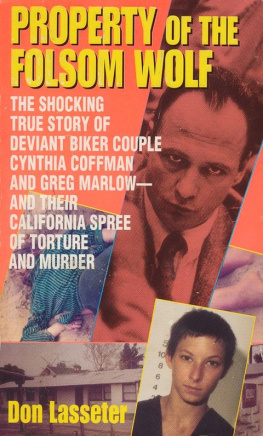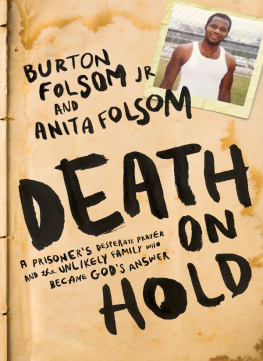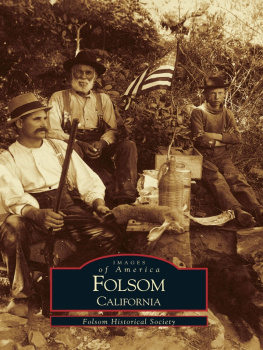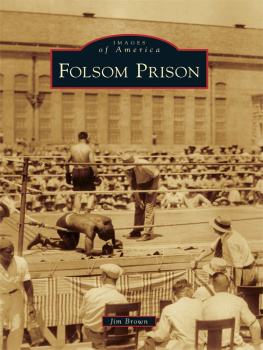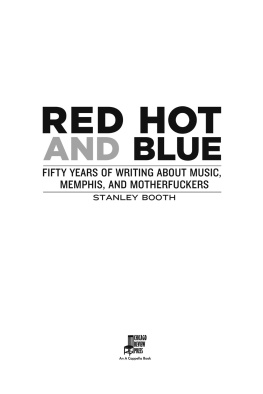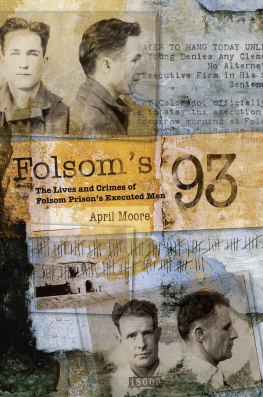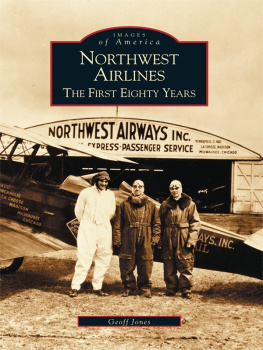PREFACE.
Table of Contents
At the age of nineteen years, I landed on the banks of the Upper Mississippi, pitching my tent at Prairie du Chien, then (1836) a military post known as Fort Crawford. I kept memoranda of my various changes, and of many of the events transpiring. Subsequently, not, however, with any intention of publishing them in book form until 1876, when, reflecting that fifty years spent amidst the early and first white settlements, and continuing till the period of civilization and prosperity, itemized by an observer and participant in the stirring scenes and incidents depicted, might furnish material for an interesting volume, valuable to those who should come after me, I concluded to gather up the items and compile them in a convenient form.
As a matter of interest to personal friends, and as also tending to throw additional light upon my relation to the events here narrated, I have prefixed an account of my own early life for the nineteen years preceding my removal to the West, thus giving to the work a somewhat autobiographical form. It may be claimed that a work thus written in the form of a life history of a single individual, with observations from his own personal standpoint, will be more connected, clear and systematic in its narration of events than if it were written impersonally.
The period included in these sketches is one of remarkable transitions, and, reaching backward, in the liberty accorded to the historian, to the time of the first explorations by the Jesuits, the first English, French and American traders, is a period of transformation and progress that has been paralleled only on the shores of the New World. We have the transition from barbarism to civilization; we have the subjugation of the wilderness by the first settlers; the organization of territorial and state governments; an era of progress from the rude habits of the pioneer and trapper, to the culture and refinement of civilized states; from the wilderness, yet unmapped, and traversed only by the hardy pioneer in birch barks or dog sledges, to the cultivated fields, cobwebbed by railways and streams furrowed by steamers. It is something to have witnessed a part, even, of this wonderful transformation, and it is a privilege and a pleasure to record, even in part, its history.
I have quoted from the most correct histories within my reach, but the greater part of my work, or of that pertaining to the fifty years just passed, has been written from personal observation and from information obtained directly by interview with, or by written communications from, persons identified in some way with the history of the country. To those persons who have so freely and generously assisted me in the collection of material for this work, I hereby express my thanks. I have relied sparingly on traditions, and, where I have used them, have referred to them as such.
INTRODUCTION.
Table of Contents
While genealogical tables are of interest chiefly to the families and individuals whose names are therein preserved, I still deem it not amiss to insert here a brief account of my ancestry. Among the emigrants from England to the New World in 1638, came John Foulsham, then twenty-three or twenty-four years of age, and his wife, to whom he had been married about a year and a half. They came from Hingham, England, to Hingham, Mass., with a colony that probably named the settlement in loving remembrance of the town they had left. They came on account of certain ecclesiastical troubles; their rector, with whom they sympathized, having torn down the altar rails and leveled the altar, an act of irreverence that called down upon them the wrath of their superior, Bishop Wren, and resulted in rector and people selling out their real estate at half its value and emigrating to America. John received a grant of land consisting of four acres and built himself a house, the frame being constructed of sawed oak timber. This house, built in 1640, stood until 1875, two hundred and thirty-five years, when it was taken down and manufactured into canes and chairs, which were distributed as relics to the American descendants of the family. The family, however, had increased so greatly that the supply was not equal to the demand.
The wife of John Foulsham was Mary Gilman. From this couple the American Folsoms and their allies from marriages with the female descendants of the family have sprung. The ancestors of John Foulsham may be traced backward a period of near six hundred years, and many of the family have honorable mention in English history. The earliest mention is concerning John Foulsham of Foulsham, prior of a Carmelite monastery in Norwich, and "prses provincialis" of all England. This Foulsham is spoken of in Bayle's catalogue of eminent worthies as "no mean proficient in controversial theology, knowing how, by means of syllogystic tricks, to turn white into black and men into donkeys." He died in the great plague at Norwich in 1348.
A certain John de Foulsham is spoken of in Blomefield's History of Norfolk as an "eloquent, unflinching opponent of the corruptions of the times." It is possible that this may be the Carmelite prior above mentioned, though the prefix de leaves the matter somewhat in doubt.
As to the original derivation of the family name, Hon. George Folsom, of Philadelphia, in one of the manuscripts left by him, says: "It arose upon the adoption of surnames in England, from the town of Foulsham, a village in the county of Norfolk, six or eight miles north of Hingham, in which county the family was seated for many centuries, possessing estates in fifteen different places." Thus John de, or John of Foulsham, became John Foulsham.
The orthography and pronunciation of the name have varied in the family itself, as well as among those writing and pronouncing it. The first Anglo-American bearing the name spelled it "Foulsham." His son, Deacon John, spelled it "Fullsam" in 1709, and it is signed "Foullsam" in his last will1715. In one instance, in the Hingham town records, it is spelled "Fulsham," but always afterward, "Foulsham." In the Exeter records it is written uniformly "Folsom" with but one exception, when it is written by the town clerk "Foulshame." In the records of the first parish, Haverhill, Massachusetts, it is written "Foulsham," "Foulsam," "Folsham" and "Fulsom." Originally it was doubtless spelled "Foulshame," its etymological significance being the fowls' home, a breeding place or mart. It was probably at first written with a hyphen, as Fouls-hame, but the final syllable was eventually shortened. Everywhere it is now written Folsom by those having the name, and is pronounced like wholesome.
The characteristics of the family have been quite uniform. Far as known they were a religious family, and prominent as such in both Catholic and Protestant circles, with a strong disposition toward dissent from the established order of things. Thus John de Foulsham wrote a treatise quite at variance with the doctrines of the church, advocating the marriage of priests. John Foulsham, the Anglo-American, left England on account of his dissent, preferring a home in the wilderness with freedom to worship God, to dwelling under the rule of a haughty and tyrannical bishop. Many of the family espoused the doctrines of Whitfield. Many of them became Baptists, becoming such at a time when the Baptists were most unpopular, and afterward becoming Free Will Baptists, in which communion more of the family may to-day be found than in any other.





